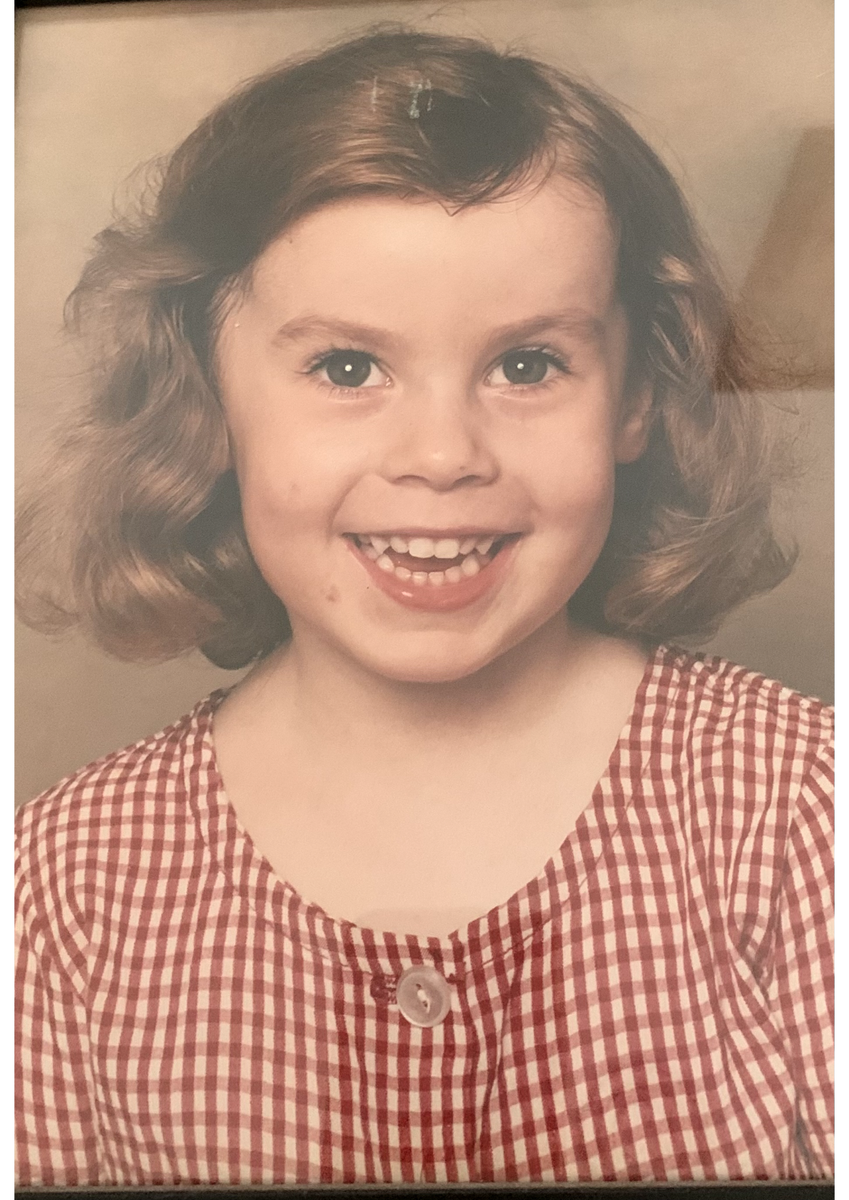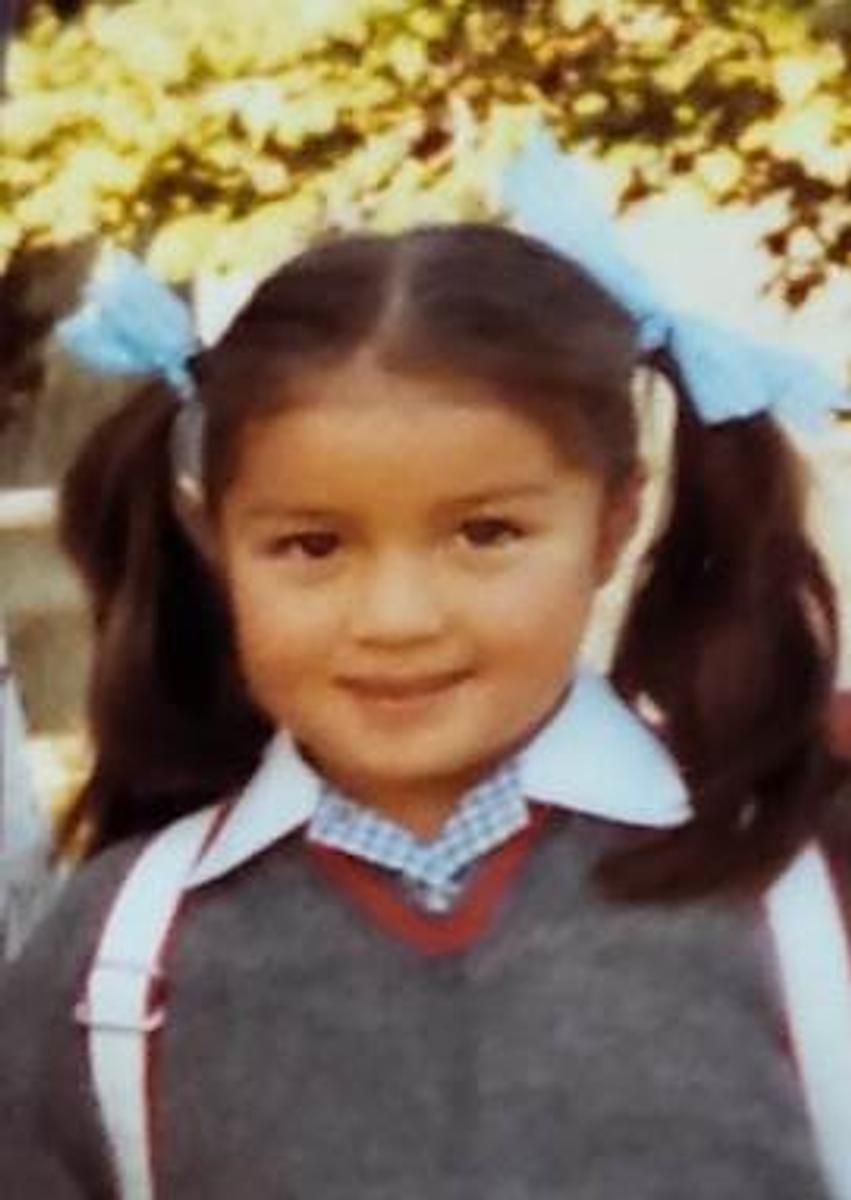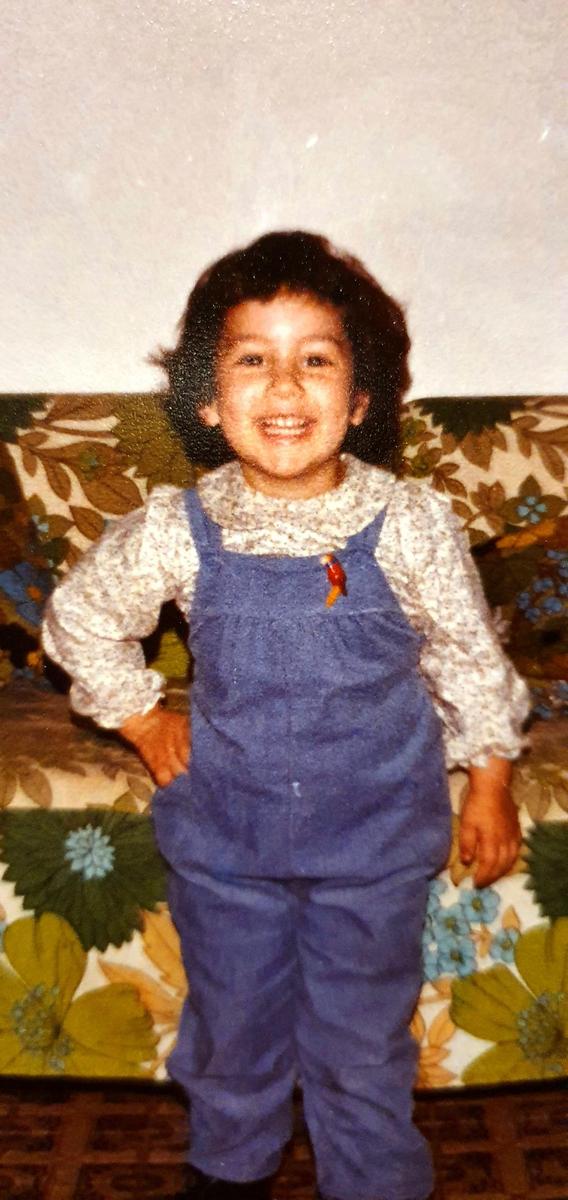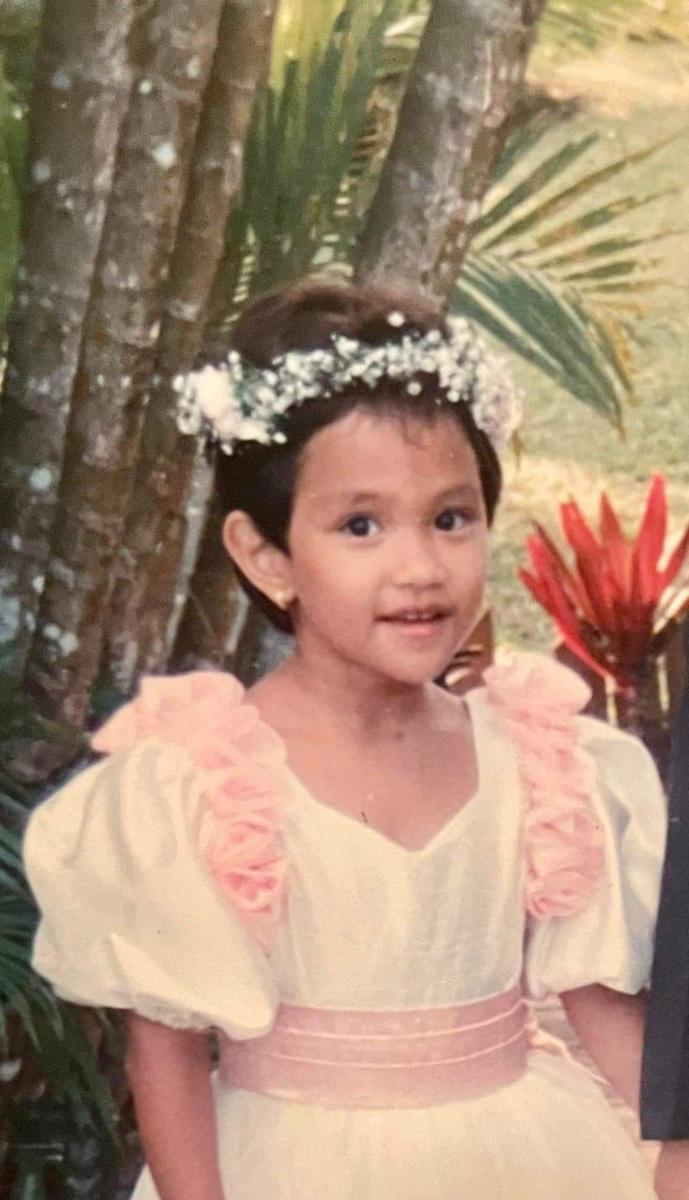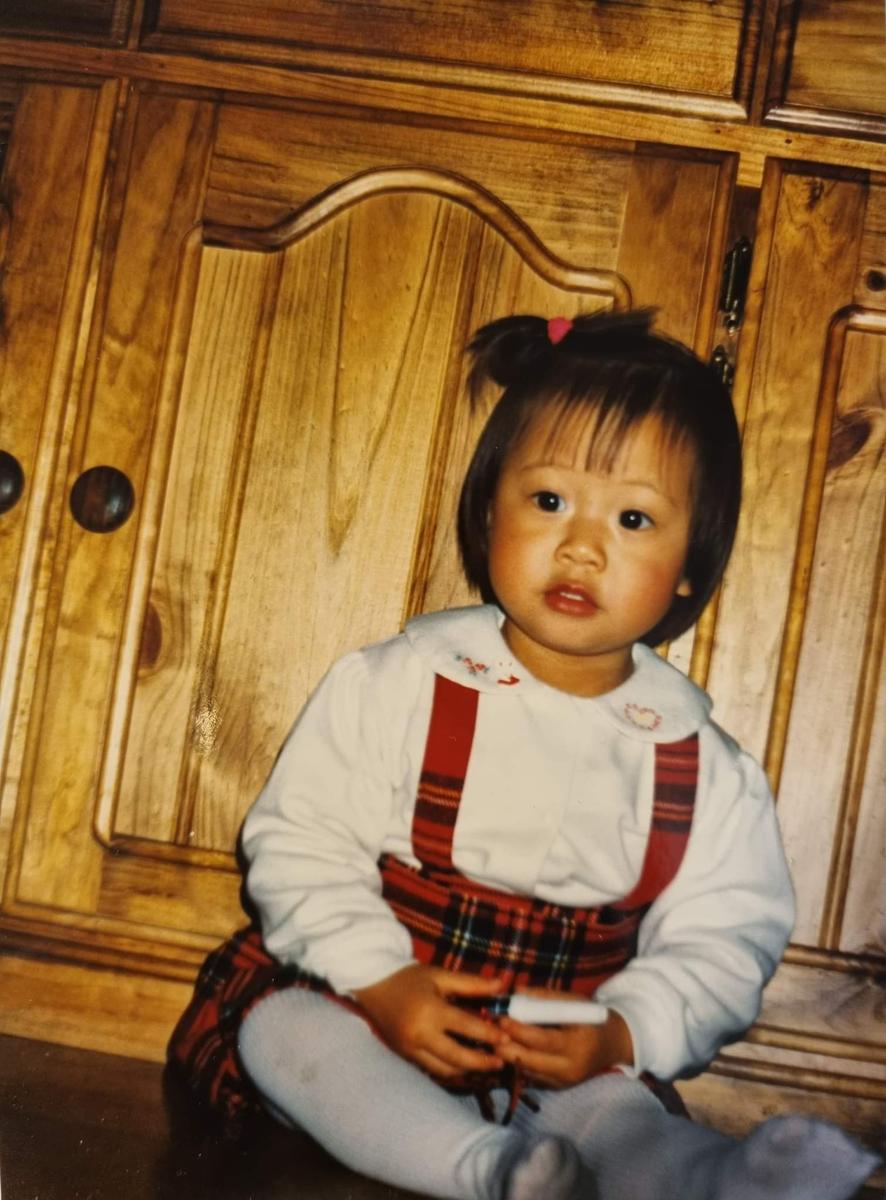Welcome to Term Three
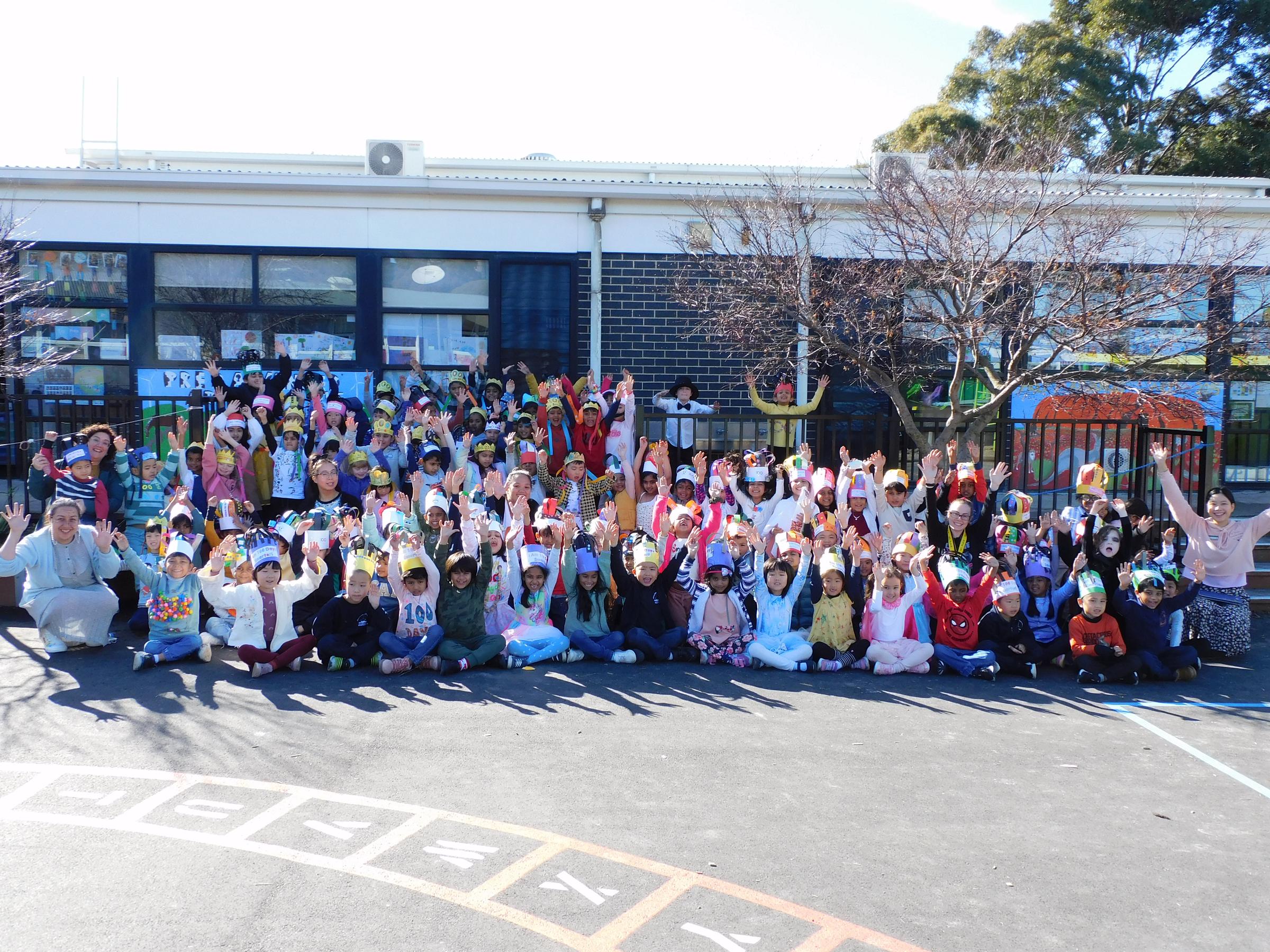
Welcome to Term 3, 2022! We hope you have had a relaxing break and are ready for another exciting term. It has been wonderful to hear the Preps share about all the adventures and activities they have enjoyed over the holidays and their excitement to be back at school.
We would also like to give a warm welcome to the new learners and their families into our school community.
Term Three Prep Reminder
- PMP every Wednesday – Pick up from the gym at 3:30pm
Learning in Prep: Term Three 2022
Reading
This term in Reading, students will deepen their understanding of author’s purpose by exploring fiction and non-fiction texts. Through this exploration, they will begin to identify the difference between the two text types through the literary elements of a narrative (character, setting and plot) and the common text features of a non-fiction (diagrams, facts). We will then connect the author’s purpose to when and why we might read each text type. We will continue to focus on Expanding Vocabulary through the different forms of text and exploring interesting words such as adjectives and topic specific words.
Some tips to support your child at home in Reading:
- Continue to read with your child daily. Ask your child to retell the literary elements of the text by asking questions such as ‘Who are the character/s?’ ‘Where is the story set?’ ‘What happened in the story?’ ‘What was the problem?’ ‘What did they do to fix the problem?’
- Continue to practise Magic Words daily. As your child builds confidence in sounding out words, they will come across more complex spelling patterns of sounds we have not yet learnt, the most common of these words are found in our Magic Word charts.
- Continue to record your children’s library books to the Premier’s Reading Challenge which finishes this term on September 2nd.
Writing
This term, students will develop strategies from our whole school approach, VOICES, when writing through the text types of Narratives and Information Reports. They will recognise that we are all author’s and follow the writing process of planning, drafting, editing and publishing. Within the second half of the term, students will explore the structure of Information Reports and use non-fiction texts to research and discover facts to transfer into their own writing.
Some tips for writing with your child at home:
- Practise correct letter formation using the name and alphabet template given out at the beginning of this year.
- To support handwriting, we need to build our fine motor skills. This can be done through cutting paper using scissors and rolling, squeezing and manipulating playdough.
- Build independence in writing by completing their Home Learning without assistance by encouraging them to use the sounds they hear.
Spelling and Home Learning
This term, students will begin practising their personalised spelling lists derived from the Magic Word lists and from their own writing within Home Learning. Students will be expected to practise spelling their personalised spelling words daily. The process we will use is the LSNCWC (Look, Say, Name, Cover, Write, Check). Each Friday, the students will participate in a spelling test of the words they have been reviewing.
- Ensure your child practises LSNCWC at home and returns their Home Learning Book every Friday. (Please view the accompanying video)
Mathematics
This term in Mathematics, students will explore the concept of Place Value, Addition and Subtraction, Three Dimensional Objects and Money through hands-on experiences, stories and games. Preps will investigate how numbers can be made by building strong connections to the base ten systems, through bundling sticks and grouping counters to make numbers. They will build skills in skip counting that can be applied within learning of addition and money. They will explore the value of Australian coins and notes and use skip counting to count money. Students will investigate what shapes make up three-dimensional objects and learn the names of common 3D objects when making.
To support your child’s learning you could:
- Practise verbally skip counting in turns, making it a game. For example, Parent, “10”, child, “20”, parent “30”... and so on with any number combination.
- Have your child pay with coins when out shopping. Explain the process of handing over money for goods.
- Look for everyday three-dimensional objects and name them to support mathematical language development. For example, a ball is a sphere, a tissue box is a rectangular prism and a dice is a cube.
Inquiry – history and intercultural capabilities
In Inquiry, Prep students will explore the question, ‘How can we all live well together?’ through an understanding of our Global Goal, Gender Equality and our whole school thread of Empathy. Students will explore artefacts from the past and present from different countries to build an understanding of different cultures. Through the lens of history, they will deepen their knowledge of artefacts and our First Nation people during our Excursion to the Melbourne Museum in week 3. The incursion will prime our learners to think how artefacts can help us learn and understand about people and places from a point in time.
They will transfer their understanding of artefacts during our unit by creating an artefact to reflect a country or culture they have explored. This will then be showcased during the class expo of a chosen country. By building our knowledge of another country/culture, we hope to promote that we can live well together when we begin to understand more about others from around the world.
How to assist your child with this learning:
- Talk to your child about your own culture but also cultures and countries of friends and relatives.
- Share special items (artefacts) that represent or symbolise an important part of your culture or history.
- Discuss with your child how your ancestors or yourselves came to Australia and made it your home. For example: How did you/they learn about Australian culture? How did others learn about your culture? What did learning about each culture do?
Can you identify your teacher from the past?
YCDI
In Term Three You Can Do It (YCDI), students are continuing to build on their social and emotional skills through the YCDI Keys to Success of Persistence, Organisation and Getting Along. YCDI is integrated within our inquiry question of ‘How can we all live well together?’ Through this learning, students will develop organisational and getting along skills to transfer into presenting as a class their chosen cultures. Students will refine respective, collaborative skills using empathy and persistence when creating their final class project.
To support your child’s learning at home:
- Have conversations around getting along and negotiating in different situations.
- Always praise them when they have shown the keys to success, such as showing organisation and persistence in their learning or chores (This could be cleaning their room).
Perceptual Motor Program (PMP)
This term, the prep children will continue with the weekly movement based program for the remainder of term 3. Each Wednesday they will develop their hand/eye and eye/foot coordination, balance, locomotion, eye-tracking skills and general fitness. Please note, pick up will be from the gym on these days.

